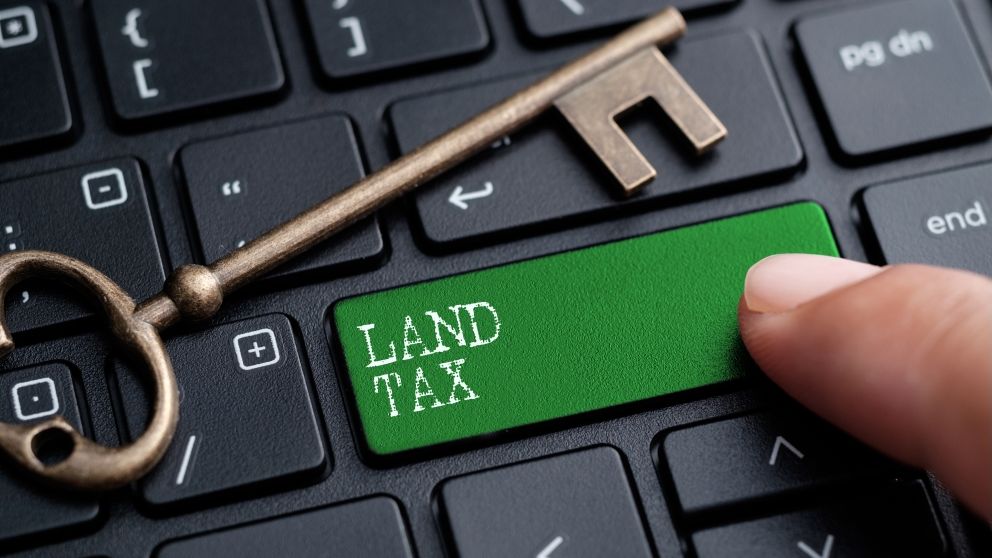How Being a Land Dealer vs. a Land Investor Affects Your Taxes

April 1, 2021
Land Dealing, Land Investing, real estate investments
by Laura Mueller via LandHub.com
When it comes to your land and taxes, there are two ways of differentiating yourself: a land dealer and a land investor. And what you choose will have some major implications for both how you file taxes on vacant land and what your short vs. long-term profit potential looks like.
Here’s what to know about how being a real estate land dealer differs from being a real estate land investor—and why the better you can define your role from the outset, the better off you’ll be.
What is a Land Dealer?
A land dealer is someone whose main focus is on buying and selling land with quick turnarounds. An example of land dealing would be buying up a large tract of vacant land and then parceling it up and selling it to individual real estate developers or residential buyers. The goal with land dealing is to pick up land for cheap and then turn around and sell it for a higher price as soon as possible. For tax purposes, land dealers are viewed as pretty standard business owners and have the ability to deduct expenses on a Schedule C.
What is a Land Investor?
A land investor, on the other hand, is in it for the long haul. Unlike a dealer, a land investor purchases a piece of vacant property with the intent to hold onto it and allow it to appreciate in value. For example, they may purchase a couple hundred acres of land in a suburb-adjacent rural area with the hopes that eventually developers will make their way out there and want to buy. In terms of taxes, land investors are not considered to be business owners, so they won’t file a Schedule C or be entitled to business deductions on the property. They are, however, able to make personal itemized deductions on their vacant land on a Schedule A form, including deductions related to interest and property taxes.
The Big Difference
There are a couple of big differences between a land dealer and land investor that should already be apparent—notably, land dealers are viewed as business owners and can file their taxes as such, while a land investor’s deductions are relegated to personal expenses on the property. But perhaps the biggest difference to be aware of—or at least the one that tends to be the most confusing for individuals who are purchasing land—is when it comes to improvements. Under the Tax Cuts and Jobs Act, investors are unable to deduct expenses related to land improvements through at least 2025. Prior to the bill’s passing, Schedule A deductions related to improvements were allowed at up to 2% of the taxpayer’s adjusted gross income.
If you’re a land dealer, however, many improvements can be written off as business expenses. This difference is one of the most notable between land dealers and land investors, and one that you might not have been aware of if you previously invested prior to 2018. New vacant landowners or those who are considering making a purchase soon should make sure that they have a clear idea of what their intent is with the property—and that they file taxes under the proper designation. Work with a tax attorney to figure out exactly where you stand, as well as what deductions you are eligible to make.
If you are interested in exploring an auction, please allow Target Auction Company to detail the benefits of an auction platform and provide you with a free consultation. We can offer the information and advice needed to make a logical business decision regarding the sale of your property. We can be reached at 1-800-476-3939 and visit us at www.TargetAuction.com.














